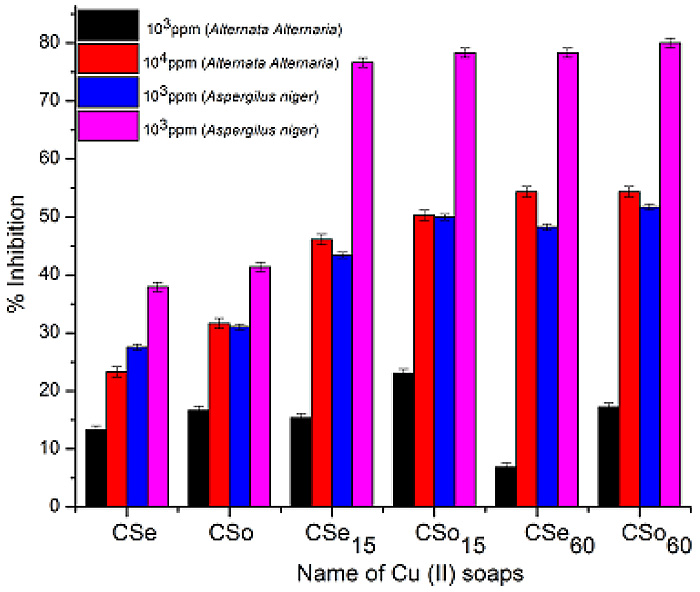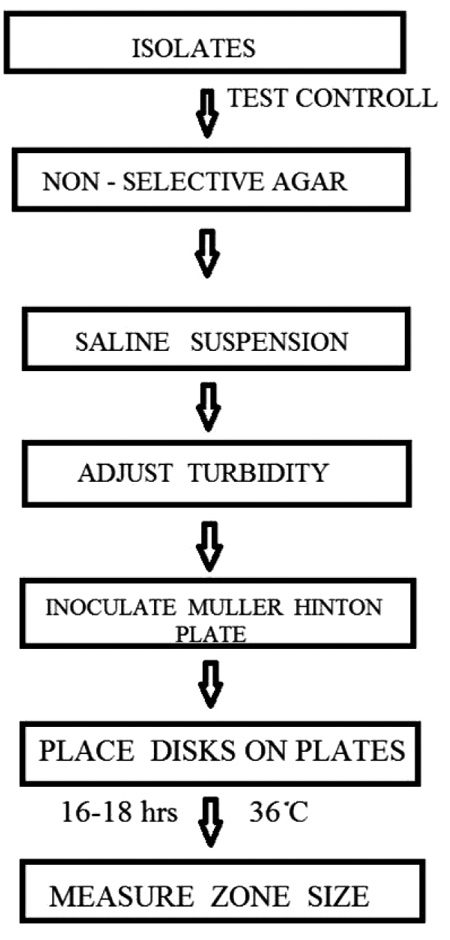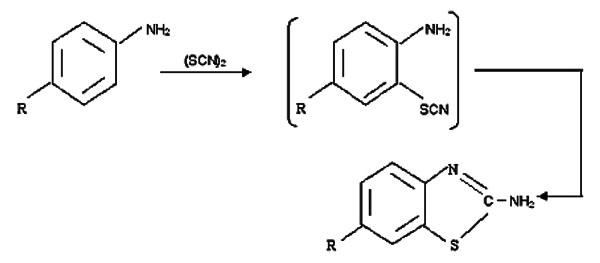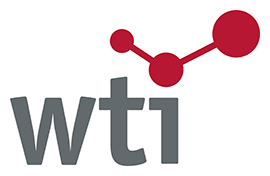RESEARCH ARTICLE
Tissue-specific Effect of Coenzyme Q10 Supplementation on the Oxidative Post-translational Modifications in the Rat
Nilanjana Das1, Chandan Kumar Jana2, *
Article Information
Identifiers and Pagination:
Year: 2016Volume: 3
First Page: 196
Last Page: 202
Publisher Id: PHARMSCI-3-196
DOI: 10.2174/1874844901603010196
Article History:
Received Date: 28/12/2015Revision Received Date: 13/07/2016
Acceptance Date: 15/07/2016
Electronic publication date: 19/08/2016
Collection year: 2016
open-access license: This is an open access article licensed under the terms of the Creative Commons Attribution-Non-Commercial 4.0 International Public License (CC BY-NC 4.0) (https://creativecommons.org/licenses/by-nc/4.0/legalcode), which permits unrestricted, non-commercial use, distribution and reproduction in any medium, provided the work is properly cited.
Abstract
Background:
Coenzyme Q (CoQ), a component of almost all cellular membranes, has been postulated to act as an antioxidant due to its capacity to recycle the oxidized alpha-tocopherol and scavenge peroxy radicals.
Objective:
The present study was performed to investigate the in vivo effects of a long-term supplementation of CoQ10 on oxidative protein modifications in some tissues as the plasma and the brain of the Sprague Dawley rat.
Method:
Male Sprague Dawley rats of 14 months age were supplemented with 150 mg/kg/d of CoQ10 and the effects on oxidative post-translational modifications analyzed after 13 weeks of supplementation.
Results:
Supplementation of CoQ10 for thirteen weeks in adult animals resulted in decreased protein carbonyls due to oxidative post-translational modifications in the plasma (approximately 21%) but an increase of the same in the brain tissue homogenate (approximately 21%) was observed. These alterations were statistically significant in the former while the increase in the latter was statistically not significant.
Conclusion:
The results suggest a tissue-specific effect of dietary supplementation of CoQ10 on oxidative post-translational modifications by carbonylation in the rats.














